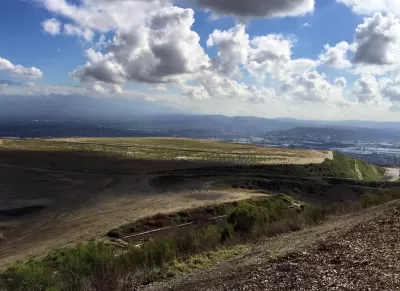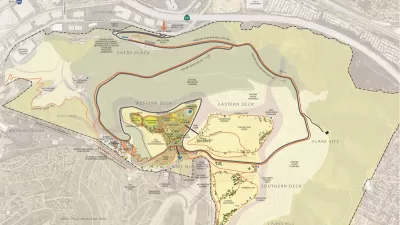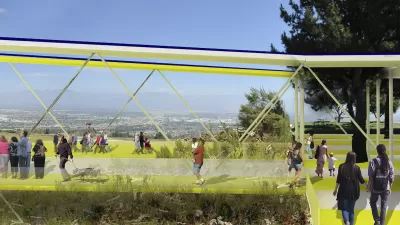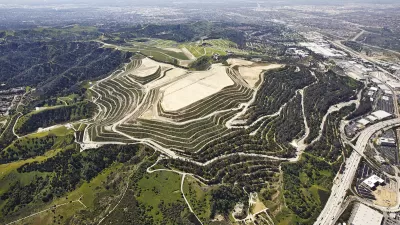The grant will help to convert a 142-acre site, a portion of the former Puente Hills Landfill, into Los Angeles County's first new regional park in over 30 years.

The Wildlife Conservation Board of California has announced a significant funding initiative, with nearly $120 million in grants allocated to 43 habitat conservation and restoration projects across the state. Specifically, $12.5 million is dedicated to supporting the conversion of 142 acres of the former Puente Hills Landfill into a regional park. This project, spearheaded by the Los Angeles County Department of Parks and Recreation, will transform the once vast landfill into Los Angeles County's first new regional park in three decades.
The Puente Hills Landfill, once the second-largest landfill in the United States, operated for nearly 60 years and accumulated approximately 150 million tons of trash. Before becoming a landfill, the site was home to diverse ecological systems, including oak-woodland, coastal sage scrub, and chaparral habitats. The restoration and regeneration efforts will focus on reestablishing native plant communities to address habitat degradation, biodiversity loss, and disrupted habitat connectivity, while also providing much-needed accessible open space for surrounding communities in the San Gabriel Valley.
The new Puente Hills Regional Park is envisioned as a place for nature, wildlife, and community healing. It reflects a long-term vision and extensive community engagement process, promising to offer native landscapes and scenic views to millions of residents in L.A. County and beyond. This initiative aligns with Governor Gavin Newsom's goal of conserving 30 percent of California’s lands and coastal waters by 2030, highlighting the state's commitment to environmental restoration and public recreational spaces.
FULL STORY: Puente Hills Landfill site receives restoration grant

Planetizen Federal Action Tracker
A weekly monitor of how Trump’s orders and actions are impacting planners and planning in America.

Congressman Proposes Bill to Rename DC Metro “Trump Train”
The Make Autorail Great Again Act would withhold federal funding to the system until the Washington Metropolitan Area Transit Authority (WMATA), rebrands as the Washington Metropolitan Authority for Greater Access (WMAGA).

The Simple Legislative Tool Transforming Vacant Downtowns
In California, Michigan and Georgia, an easy win is bringing dollars — and delight — back to city centers.

The States Losing Rural Delivery Rooms at an Alarming Pace
In some states, as few as 9% of rural hospitals still deliver babies. As a result, rising pre-term births, no adequate pre-term care and "harrowing" close calls are a growing reality.

The Small South Asian Republic Going all in on EVs
Thanks to one simple policy change less than five years ago, 65% of new cars in this Himalayan country are now electric.

DC Backpedals on Bike Lane Protection, Swaps Barriers for Paint
Citing aesthetic concerns, the city is removing the concrete barriers and flexposts that once separated Arizona Avenue cyclists from motor vehicles.
Urban Design for Planners 1: Software Tools
This six-course series explores essential urban design concepts using open source software and equips planners with the tools they need to participate fully in the urban design process.
Planning for Universal Design
Learn the tools for implementing Universal Design in planning regulations.
Smith Gee Studio
City of Charlotte
City of Camden Redevelopment Agency
City of Astoria
Transportation Research & Education Center (TREC) at Portland State University
US High Speed Rail Association
City of Camden Redevelopment Agency
Municipality of Princeton (NJ)





























